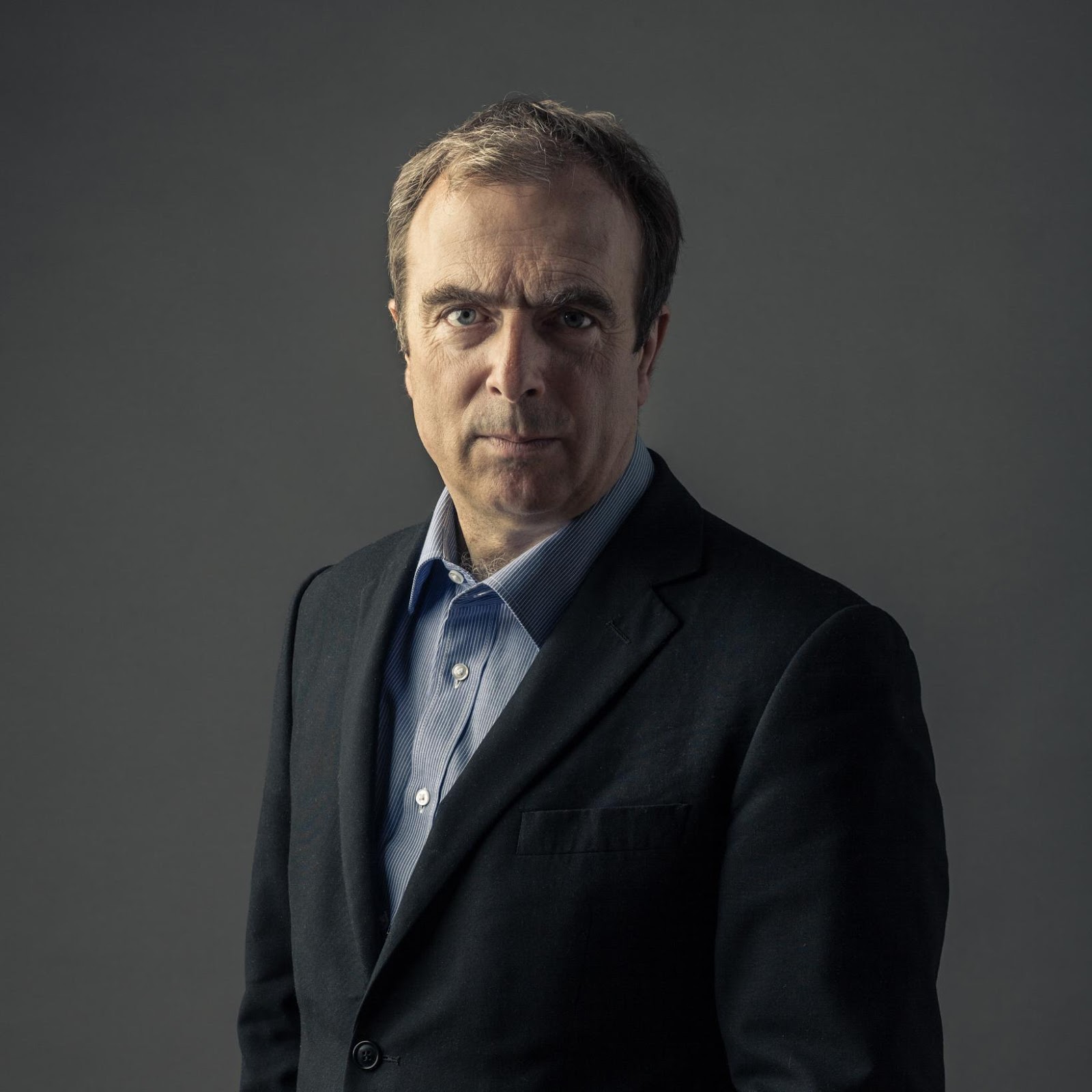

Exploring The Controversial Views Of Peter Hitchens
Peter Hitchens is a name that resonates with many, particularly in the realms of journalism and political commentary. Known for his unyielding opinions and thought-provoking insights, Hitchens has carved out a unique space in the public discourse. His ability to challenge mainstream narratives often ignites heated debates, captivating audiences across the globe. His work, characterized by a blend of wit and intellect, prompts readers to reconsider their views on various societal issues.
Having a background steeped in both journalism and literature, Hitchens has effectively utilized his platform to voice concerns regarding political correctness, moral decline, and the erosion of traditional values. He is not afraid to tackle controversial subjects, making him a polarizing figure among his peers. With an ever-evolving career, Hitchens continues to engage with readers and listeners, inviting them to explore perspectives often overlooked in contemporary discussions.
As a prolific writer and commentator, Peter Hitchens has also authored several books, each resonating with his distinctive viewpoint. His critiques extend beyond mere political commentary; they delve into the cultural and social fabric of society, urging individuals to think critically about the world around them. Through this article, we will delve deeper into the life, beliefs, and contributions of Peter Hitchens, unraveling the complexities that define this intriguing figure.
What is Peter Hitchens' Biography?
Peter Hitchens was born on October 28, 1951, in Malta, where his father was stationed in the British Army. He grew up in England and received his education at the prestigious Magdalen College, Oxford. His career began in journalism, where he quickly made a name for himself. Over the years, Hitchens has worked for various publications, including The Daily Express and The Mail on Sunday, contributing to his reputation as a formidable commentator.
| Personal Details | Bio Data |
|---|---|
| Full Name | Peter Hitchens |
| Date of Birth | October 28, 1951 |
| Place of Birth | Malta |
| Education | Magdalen College, Oxford |
| Occupation | Journalist, Author, Commentator |
| Notable Works | “The Abolition of Britain”, “The Rage Against God” |
What Are Peter Hitchens' Core Beliefs?
Peter Hitchens is often seen as a traditionalist, championing the values of family, faith, and national identity. He frequently critiques the modern welfare state and advocates for personal responsibility. Hitchens is known for his skepticism regarding government interventions and the impact of liberal ideologies on society. His writings often reflect a profound concern for the moral fabric of the nation and the implications of a rapidly changing cultural landscape.
How Does Peter Hitchens View Political Correctness?
Hitchens has been a vocal critic of political correctness, asserting that it stifles free speech and promotes a culture of fear. He argues that the suppression of dissenting opinions undermines democracy and hinders honest dialogue. In his view, political correctness is a tool used by elites to maintain control over the narrative, ultimately leading to an atmosphere of conformity rather than genuine understanding.
What Role Does Religion Play in Hitchens' Life?
Religion is a pivotal aspect of Peter Hitchens' worldview. He identifies as a Christian and often discusses the significance of faith in providing moral guidance. Hitchens believes that the decline of religious values has contributed to societal issues, leading to a moral vacuum. His writings reflect a desire to rekindle a sense of spirituality and community, emphasizing the importance of shared beliefs in fostering social cohesion.
How Does Peter Hitchens Approach Current Events?
When addressing current events, Hitchens employs a methodical approach that emphasizes critical thinking. He encourages his audience to question mainstream narratives and seek deeper truths. His commentary often delves into the underlying motives behind political decisions and media portrayals, urging readers to remain vigilant against misinformation. This analytical lens sets him apart from many contemporary commentators, as he seeks to highlight complexities rather than oversimplified narratives.
What Are Some Controversial Opinions Held by Peter Hitchens?
Peter Hitchens is no stranger to controversy, often expressing views that challenge popular sentiment. Some of his most contentious opinions include:
- Opposition to the legalization of drugs, arguing that it exacerbates social issues.
- Criticism of the state of education, advocating for a return to traditional teaching methods.
- Views on the British monarchy, where he expresses both admiration and critique.
- Skepticism about climate change narratives, calling for a more balanced discussion.
How Has Peter Hitchens Influenced Public Discourse?
Through his writings and public appearances, Peter Hitchens has significantly influenced public discourse. His ability to articulate complex ideas in an accessible manner has garnered a dedicated following. Many appreciate his willingness to tackle taboo subjects and challenge the status quo. While some view him as a contrarian, others see him as a necessary voice in a world increasingly dominated by groupthink.
What Lies Ahead for Peter Hitchens?
As Peter Hitchens continues to engage with contemporary issues, it remains to be seen how his views will evolve. With the ever-changing political landscape and societal shifts, he is likely to remain a prominent figure in the discourse surrounding traditional values and free speech. His readers and followers will undoubtedly be eager to see how he navigates the complexities of the modern world, continuing to provoke thought and discussion.
In conclusion, Peter Hitchens stands as a compelling figure whose insights challenge us to reconsider our beliefs and engage in meaningful discussions. His unwavering commitment to his principles, combined with his articulate expression of ideas, ensures that he will remain a significant voice in the landscape of journalism and commentary for years to come.
Understanding The Impact Of The Lance Blocker In Sports
Discovering The Journey Of Jac Caglianone: A Rising Star
Unraveling The Life And Career Of Joseph Marcell



